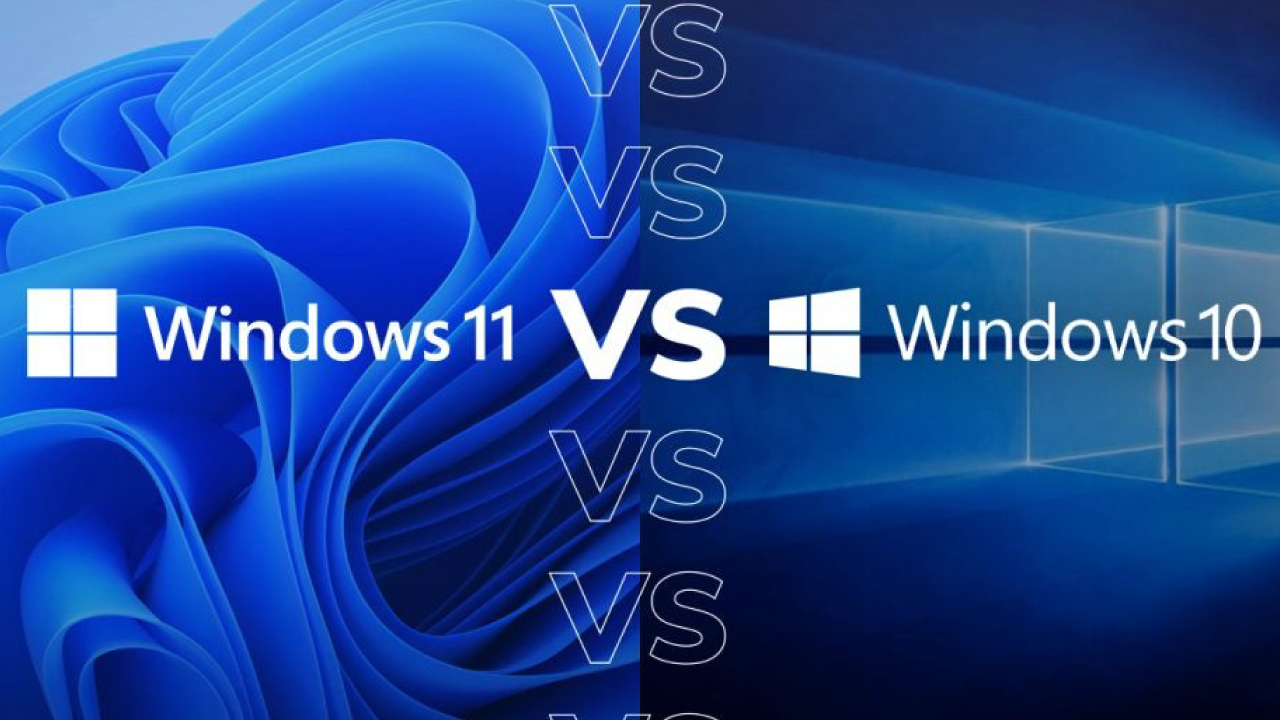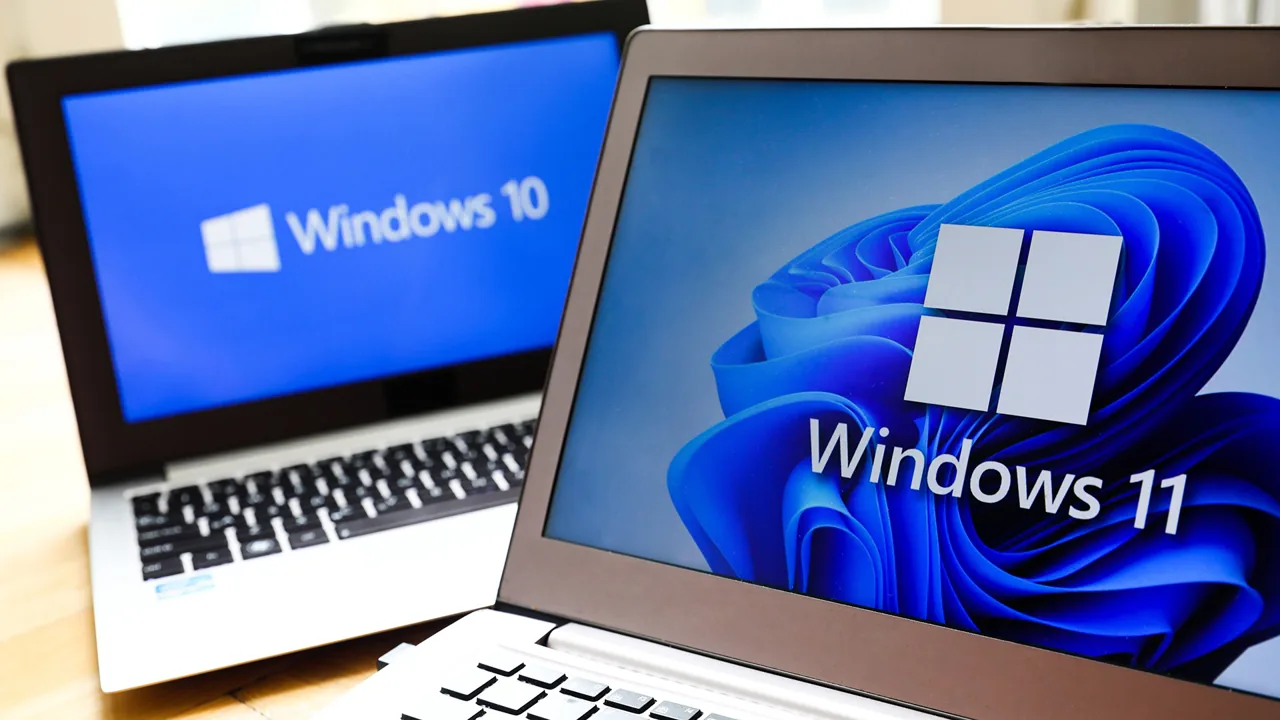Microsoft has made a new claim to accelerate the transition from Windows 10 to Windows 11. According to the latest data shared by the company, Windows 11 runs up to 2.3 times faster than its predecessor Windows 10. However, the test data on which this statement is based contains striking inconsistencies.
Windows 11 may be twice as fast as Windows 10
In the shared blog post, it is seen that Microsoft based this comparison on Geekbench 6 Multi-Core tests. However, there are serious hardware differences between the systems used in the performance comparison.

In systems where Windows 10 is installed, dual-core processors such as the Intel Core i3-6100U from 7 to 9 years ago are used, while Windows 11 uses modern 12th and 13th generation processors. This difference clearly shows that the test results are not only due to the operating system.
The statement “2.3 times faster” offered by Microsoft loses its validity due to the generation differences in the processors used. In fact, it is expected that Windows 11 will offer higher performance on more modern hardware. However, it is noteworthy that this difference is due to hardware superiority rather than operating system improvements.
However, Windows 11 has some technical advantages. Newer security standards, the ability to work more efficiently with up-to-date hardware, improvements in game performance and user-friendly changes made to the interface increase the compatibility of the operating system with the current architecture. However, the fact that Microsoft, instead of directly presenting such advantages with technical data, embellishes them with marketing language and announces them in an exaggerated manner is the focus of criticism.
The official support period for Windows 10 ends on October 14, 2025. Until then, Microsoft continues to appeal to the public with content encouraging users to switch. However, the extent to which the comparisons made reflect the actual system experience determines the credibility of the statements.













